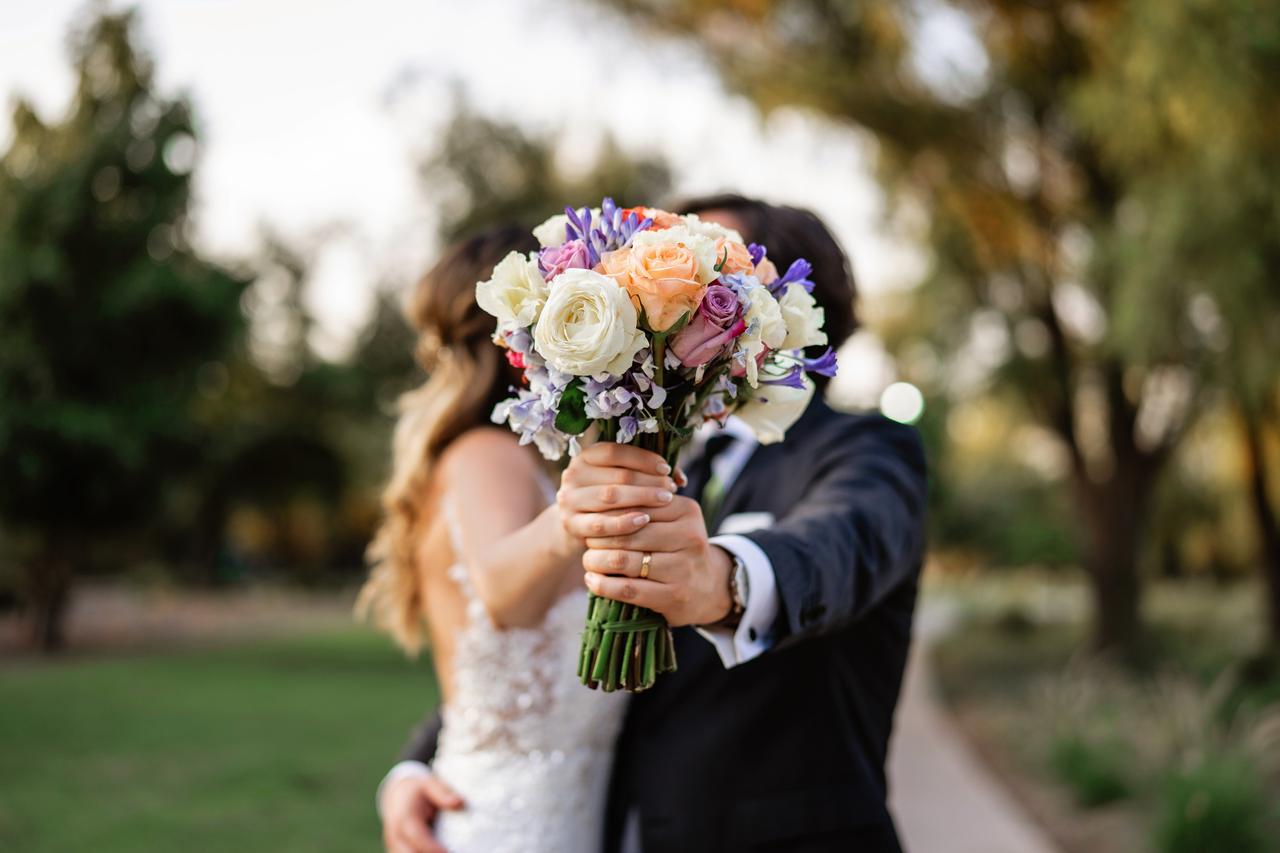Table of contents
 Rodrigo Batarce
Rodrigo Batarce
Like Hollywood movies, which depict an idealized love, the myth of the better half subscribes to the idea of couples who find each other, complement each other and live happily ever after.
However, this concept is far removed from reality, in which relationships operate in much more complicated ways. Even so, the belief in the half-orange remains strong and hence the importance of breaking with this myth. Half-orange or whole orange? We unveil it below with the help of a professional psychotherapist.
What is the myth of the better half
 Ximena Muñoz Latuz
Ximena Muñoz Latuz
The myth of the better half alludes to a concept of a loving relationship, in which one member of a couple cannot function without the other to complete it. That is to say, the partner is considered an extension of one's own body and on that basis is validated both individually and in the relationship.
In this sense, the imaginary of the better half not only questions the capacity to be an autonomous subject, but also reduces the other person to the condition sought or the expectation that one has of him or her.
"If a man is insecure, he will look for a secure woman who makes decisions, because he is not capable of making them, so he will consider that partner to be his better half because, in some way, she fills a void in him," explains psychologist Iván Salazar Aguayo1 .
And the same happens with introverted people who look for sociable partners, active people who look for passive partners or aggressive people who look for partners with docile characters, exemplifies the professional: "They look for a compensation in the polarity of the other", adds the coach.
The consequences

Although a romantic image is drawn around finding one's better half, the truth is that the concept leads one to believe, irrationally, that perfect complementarity exists. But not only does it not exist, it also invalidates people who are looking for their other half and leaves them in a condition of stagnation and/or laziness.
"The danger is in believing that we are beings that at some point we close ourselves off, we stop evolving and we justify ourselves by saying 'I am like this and I'm going to continue being like this all my life'. I think that's the great risk of looking for a person who has what I don't have," explains Iván Salazar, who adds that the myth of the better half only reinforces our shortcomings.
"Very introverted people, for example, instead of developing their more sociable side, will look for an extroverted partner and use them as a kind of spokesperson. And so they will always be subordinated to the other person's energy in order to compensate for what they don't have".
Instead of challenging themselves to develop what they lack, they are people who get stuck at a point in their lives and thus get involved in the relationship.
Long term

Following this imaginary, courtship or marriage will not be based on authentic love, but on those characteristics that fill a void.
So, what happens to long-lasting relationships? Is the myth of the better half able to be sustained over time? While looking for a partner who fits in and fills in the gaps? all people evolve And that's where couples come into conflict, explains the psychologist and coach.
In very insecure people, for example, when life itself takes care of empowering them, in this case security, they will no longer be so happy with their relationship, nor with a partner who makes all the decisions: "I will no longer be that young man who was dazzled by some characteristic of his partner, because that characteristic of my partner I also begin to cultivate it and, therefore, instead of beingcomplements, we started to collide.
And, on the contrary, "if I'm a very secure person and I'm paired with another person who finds it difficult to make decisions, when she starts to grow and evolve, I'll have to be able to validate her and readapt the couple's dynamics," explains Iván Salazar Aguayo, "So, I believe that if we move from polarity to the integration of our internal personal aspects, in both directions, the relationship will be more stable and the relationship will be more stable.heals.
"The key is that each member of the couple develops, integrates and asks for less and less of this complementarity, which can be at some point a little extreme or even unhealthy," adds the professional.
The counterpart
 Moises Figueroa
Moises Figueroa
All of the above makes it quite clear why it is important to demystify the imaginary of the better half. However, there are cases in which being opposites can work, as long as that is not the requirement or the reason for being with the other person, that is, recognizing those aspects that are opposed, accepting them, valuing them and putting them at the service of the relationship.
"There are couples who manage to deal very well with this complementarity or feeling like the other's better half, in a positive sense, not as something that they live from scarcity, but from the acceptance that the other is different from me, with qualities that I don't have and that, therefore, enrich the relationship," says Salazar.
So, half orange or full orange?
 Daniel Esquivel Photography
Daniel Esquivel Photography
Since the better half alludes to the other half, the answer is that you should always aspire to be the whole orange Get rid of irrational beliefs, such as that happiness depends on that other party and begin to take charge of your own weaknesses.
Moreover, couples are not perfect, but are made up of people with characteristics, many in common, but who also negotiate, communicate and change.
"In fact, if one person is very active and the other very passive, there will come a point where, if that doesn't change, the polarity will exhaust them both. And I think that in that sense psychotherapy can help a lot," recommends psychologist Iván Salazar.
So, if you feel that you are trapped in the myth of the better half, turn to spaces of transformation, self-awareness, self-regulating your emotions, learning to accept the other and to listen carefully, among other useful tools for couples who seek to be the whole orange and not a half. Basically, who are committed to mature and healthy relationships.
It is not a question of attacking romanticism, but rather of grounding certain concepts that are worthwhile and that, in the long run, could damage your relationship. Among them, being clear that you don't need the other person to be happy, but that you are happy on your own, together with another person.
References
- Psychologist and coach Iván Salazar

